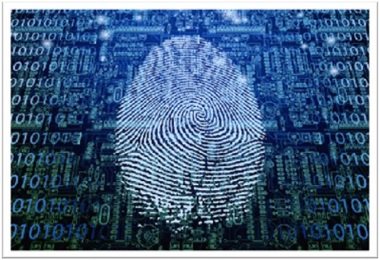
By Bobby Mimmo, Sun Bay Paper
NOTE: A version of this piece first appeared on SunBayPaper.com.
Australia will introduce a Digital ID on December 1, 2024. This ID aims to streamline identification processes, enhance security, and provide a secure and convenient way to access government services and prove identity online. However, it raises serious privacy concerns.
Alignment with UN Goals
This announcement aligns with the sixth annual “Goalkeepers Report,” emphasizing the urgency of meeting the UN’s Sustainable Development Goals (SDGs) by 2030. One goal, SDG 16.9, aims for universal legal digital identity, including birth registration, by 2030. The aim is to replace outdated systems with digital solutions for the billion people without ID.
The Bill & Melinda Gates Foundation has invested AU$1.27 billion (US$840 million) in digital identity initiatives. This includes AU$200 million (US$132 million) for digital public infrastructure such as digital IDs and civil registry databases. The goal is to provide secure and inclusive digital identity solutions for all.
The Gates Foundation focuses on MOSIP, an open-source digital identity platform. In their 2019 Goalkeepers Data Report, they highlighted the role of biometrics in equitable resource distribution.
Enhanced ID in the USA
The Enhanced ID program in the USA is gaining momentum. These IDs, compliant with the REAL ID Act, are now required for air travel and access to federal facilities. They include additional security features and can serve as proof of identity and citizenship for travel between the U.S., Canada, Mexico, and some Caribbean countries. While enhancing security and streamlining identification processes, it raises concerns about privacy and government surveillance.
Digital ID in Iceland
Iceland already has a digital ID. The country’s system integrates various services, from banking to medical records. Accessing essential services like power, phones, or home purchases is nearly impossible without a digital ID. However, privacy concerns are significant, as personal information is publicly accessible.
Leon Hill, an Australian expat in Iceland, suggests dual passports or e-residency in Estonia or Palau to escape digital restrictions. However, digital nomad visas in these countries do not equate to citizenship and come with limitations.
Estonia, dealing with political tensions and a banking scandal, might not be the safest option for financial security. Palau’s e-residency, which doesn’t allow physical residency, raises concerns about banking reliability.
Government Tracking and Asset Freezing
Through various international agreements, the Australian government can track financial information globally and potentially freeze assets, similar to Canada’s response to the truckers’ protest. Some of the older “tricks” for privacy and anonymity are less effective.
For example, buying property in Greece for residency might seem attractive, but the investment requirement will increase significantly in August. Digital and biometric checks are mandatory.
Expansion of Digital ID
Although the Australian government claims Digital ID won’t be mandatory, historical precedents like the Australia Card proposal suggest that they tend to expand in scope once such systems are established.
For those valuing free speech and financial autonomy, alternatives might include advocating for independent financial institutions, like a hypothetical bank started by Elon Musk.

Leave a Reply